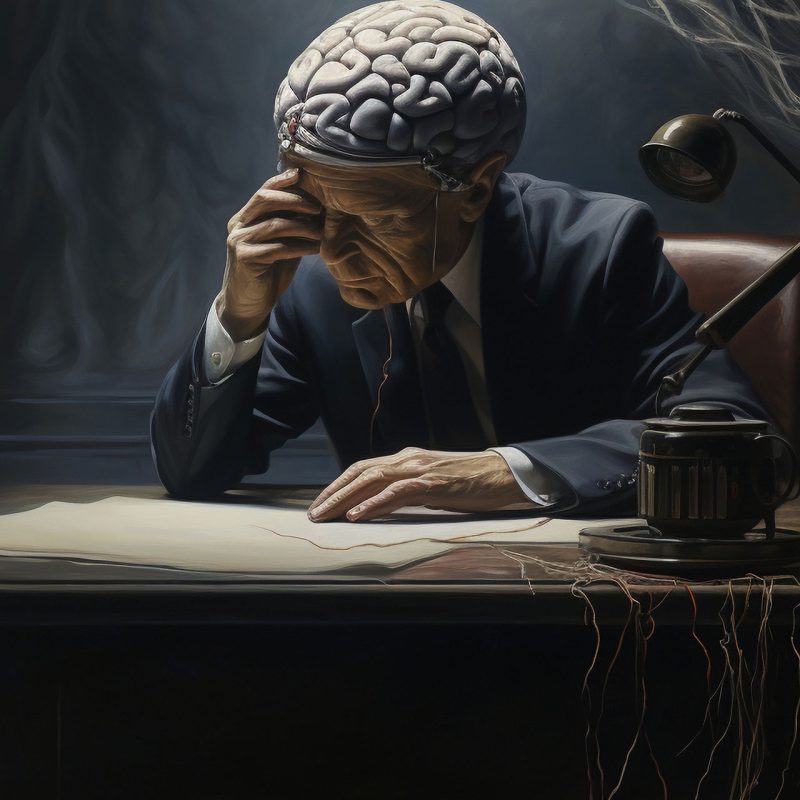 NON-WESTERN PHILOSOPHICAL TRADITIONS
NON-WESTERN PHILOSOPHICAL TRADITIONS
 HIGHER-ORDER LOGICS
HIGHER-ORDER LOGICS
HIGHER-ORDER LOGICS
 WHAT IS GOOD PHILOSOPHICAL WRITING?
WHAT IS GOOD PHILOSOPHICAL WRITING?
WHAT IS GOOD PHILOSOPHICAL WRITING?
 PHILOSOPHY OF SCIENCE
PHILOSOPHY OF SCIENCE
PHILOSOPHY OF SCIENCE
 PHILOSOPHY OF RELIGION
PHILOSOPHY OF RELIGION
PHILOSOPHY OF RELIGION
 THE PHILOSOPHICAL WRITING PROCESS
THE PHILOSOPHICAL WRITING PROCESS
THE PHILOSOPHICAL WRITING PROCESS
 QUANTUM LOGIC
QUANTUM LOGIC
QUANTUM LOGIC
 THE POSITION PAPER
THE POSITION PAPER
THE POSITION PAPER
 GRADING CRITERIA FOR PHILOSOPHY ESSAYS
GRADING CRITERIA FOR PHILOSOPHY ESSAYS
GRADING CRITERIA FOR PHILOSOPHY ESSAYS
 MODAL LOGIC
MODAL LOGIC
MODAL LOGIC
 THE EXPOSITORY PAPER
THE EXPOSITORY PAPER
THE EXPOSITORY PAPER
 CLASSICAL PHILOSOPHY
CLASSICAL PHILOSOPHY
CLASSICAL PHILOSOPHY
 ORDINARY LANGUAGE PHILOSOPHY
ORDINARY LANGUAGE PHILOSOPHY
ORDINARY LANGUAGE PHILOSOPHY
 INTUITIONISM
INTUITIONISM
INTUITIONISM
 BASIC LOGICAL SYMBOLS
BASIC LOGICAL SYMBOLS
BASIC LOGICAL SYMBOLS
Logic
Books
-
Sacred Scroll of Seven Seals: The Lost Knowledge of Good and Evil
$23.00 -
The Ramayana: A New Retelling of Valmiki’s Ancient Epic–Complete and Comprehensive (Tarcher Cornerstone Editions)
$21.00 -
The Substance of Consciousness: A Comprehensive Defense of Contemporary Substance Dualism
$39.95 -
How the World Works: Philosophy: From the Ancient Greeks to great thinkers of modern times (How the World Works, 1)
$14.99 -
Logic: A Very Short Introduction (Very Short Introductions)
$11.95 -
The Art of War (AmazonClassics Edition)
$2.99 -
Discourses and Selected Writings (Penguin Classics)
$9.99 -
The Vision of the Soul: Truth, Goodness, and Beauty in the Western Tradition
$27.08 -
The Daily Stoic: 366 Meditations on Wisdom, Perseverance, and the Art of Living
$16.81 -
The Acting Person (Analecta Husserliana, 10)
$251.70 -
Antifragile: Things That Gain from Disorder (Incerto)
$32.00 -
Aquinas (A Beginner’s Guide)
$15.99 -
Stillness Is the Key
$7.99 -
The Original Bhagavad Gita — True to Tradition — With Clear and Concise Commentary
$35.99 -
El mundo de las falacias: Herramientas efectivas para develar las trampas del razonamiento y combatir el engaño intelectual (Spanish Edition)
$8.97
The Atomos Blog
Philosophy of Law: An Introduction
Philosophy of Law: An Introduction
Philosophy of Science: An Introduction
Aesthetics: An Introduction
Epistemology: An Introduction
Ethics: An Introduction
Logic: An Introduction
Metaphysics: An Introduction
Philosophy of History: An Introduction
Philosophy of Language: An Introduction
Philosophy of Mind: An Introduction
Philosophy of Technology: An Introduction
Political and Social Philosophy: An Introduction
Environmental Philosophy: An Introduction
Existentialism and Phenomenology: An Introduction
Feminist Philosophy: An Introduction
Philosophy of Mind: An Introduction
Terms & Concepts

Sense-reference distinction


































































